Whaleboat Maddi from the Sili Tena Lamalera
Bataona family, 1990s
Australian National Maritime Museum
This decorated, ritually significant maddi (decorated sternpiece) from a whale boat represents the ancient and enduring sea-hunting, boatbuilding, spiritual and cultural practices of the unique coastal whaling village Lamalera, on remote Lembata Island in Eastern Indonesia.
Each whale boat (called téna or pelédang) is owned by one of 19 village clans and is considered the living ancestral vessel that carried the clan’s founders to the island in the distant past. This has preserved the ancient form of the vessel and the artisanal skills to continually renew it.
With its ancestral and Catholic symbolism, the carved maddi represents a combination of ancient and recent belief systems guiding and governing a hunt for sperm whales, giant manta rays and other marine species.
Historically this has been a subsistence hunt with low catch numbers, shared according to a system of rights and obligations for community consumption and traded with inland villages for vegetables, cotton and vital produce unavailable in the rocky coastal settlement. Were Indonesia a signatory, such practices would align with the International Whaling Commission’s definition of sustainable subsistence. However, the effects of modernisation and globalisation (including tourism) may be changing that.
Catalogue number: ANMM Collection 00030165. Gift from the village of Lamalera, acquired by Museum 1998
Material: wood with traces of polychromy (remnants of painted decoration)
Dimensions: Length 65.5 cm , Width 22.5 cm, Depth 5.5 cm

.png)
.PNG)
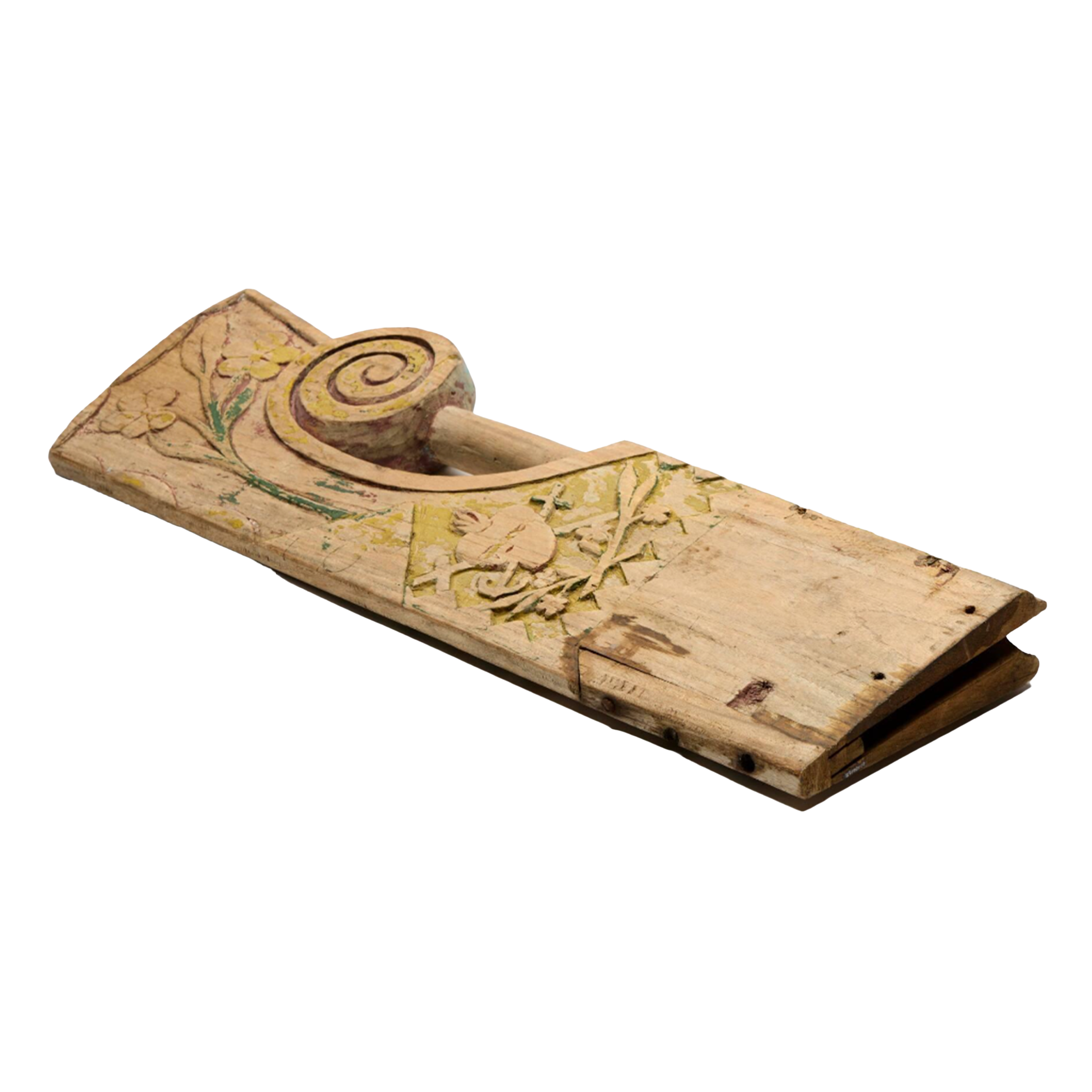
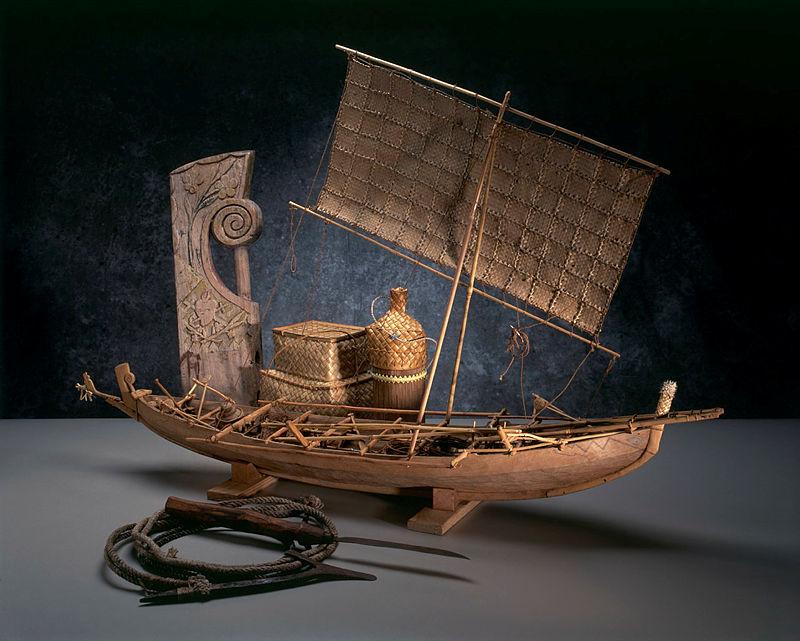
.jpg)
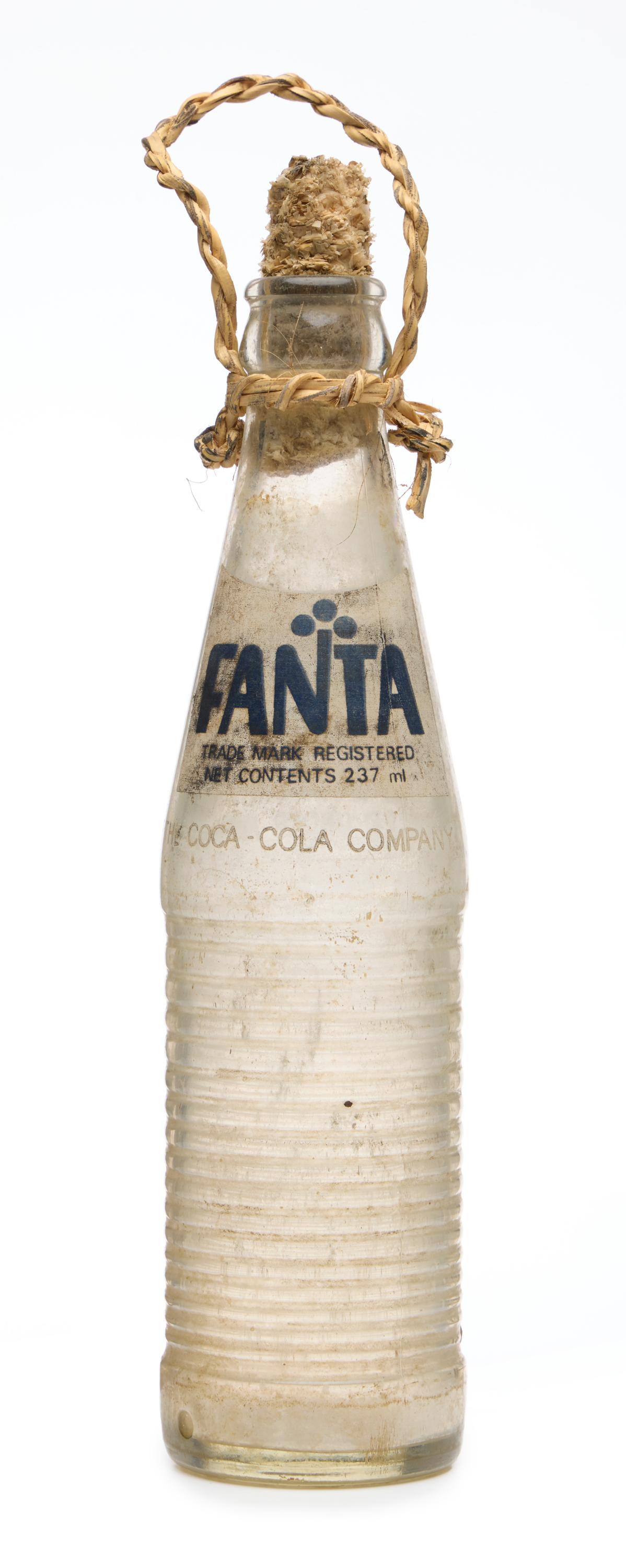
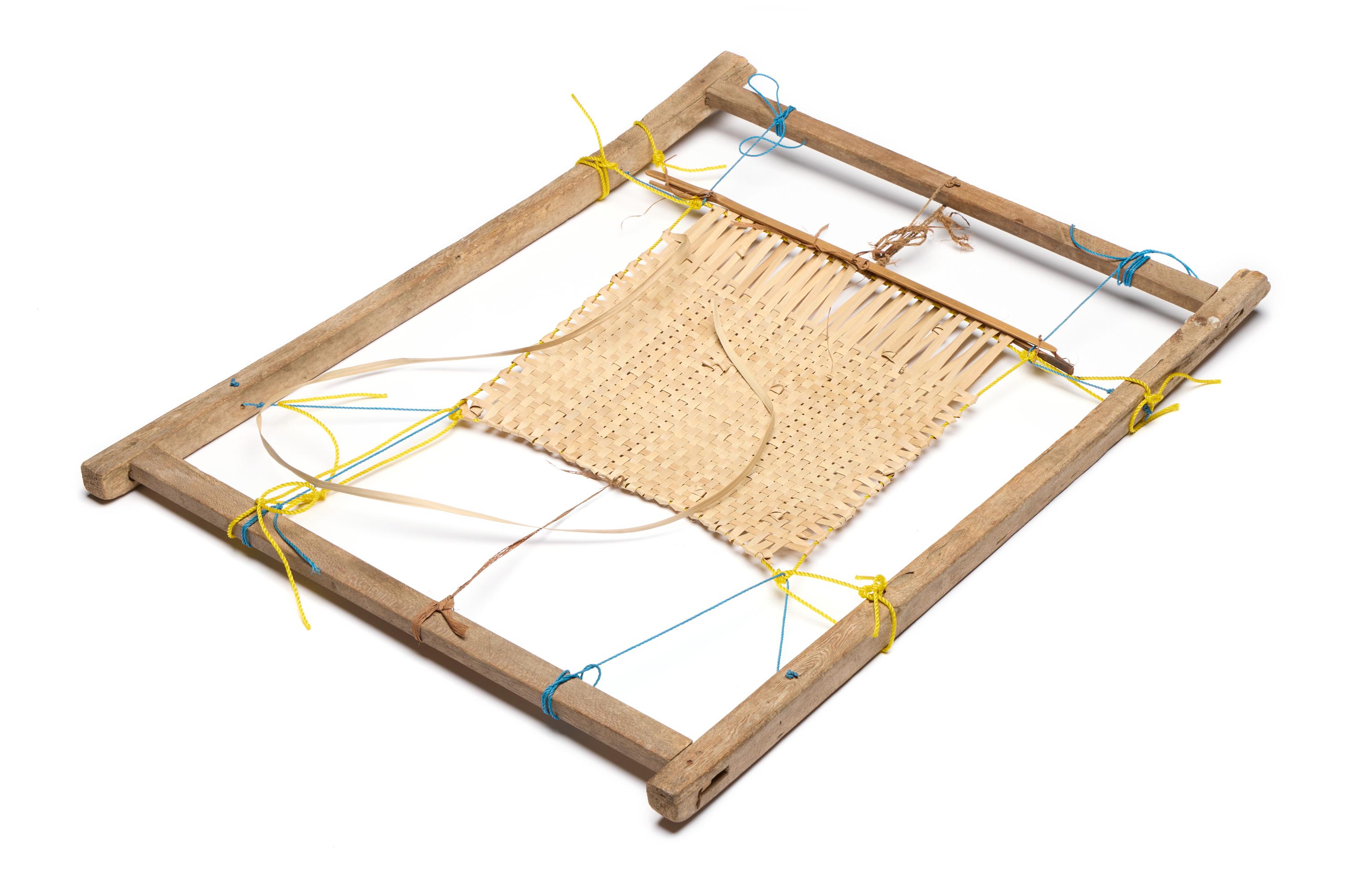
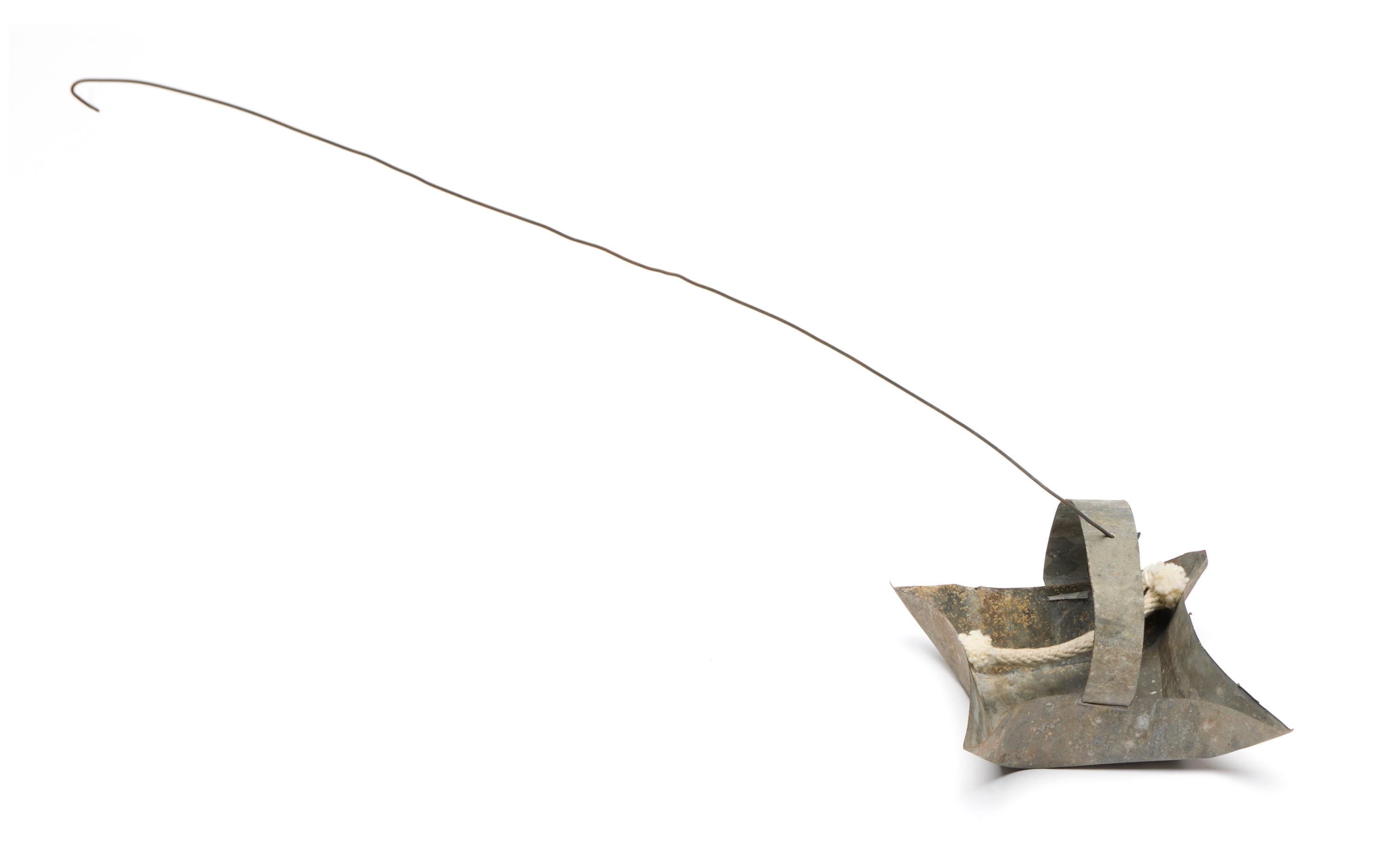
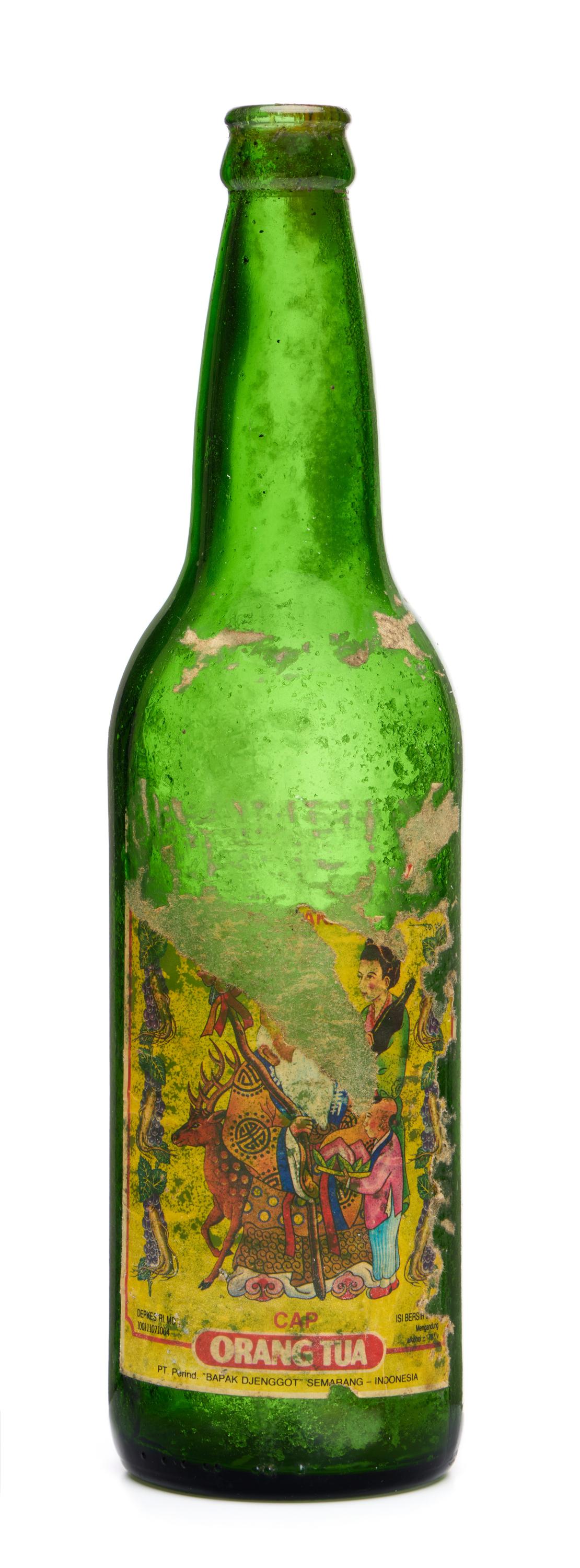
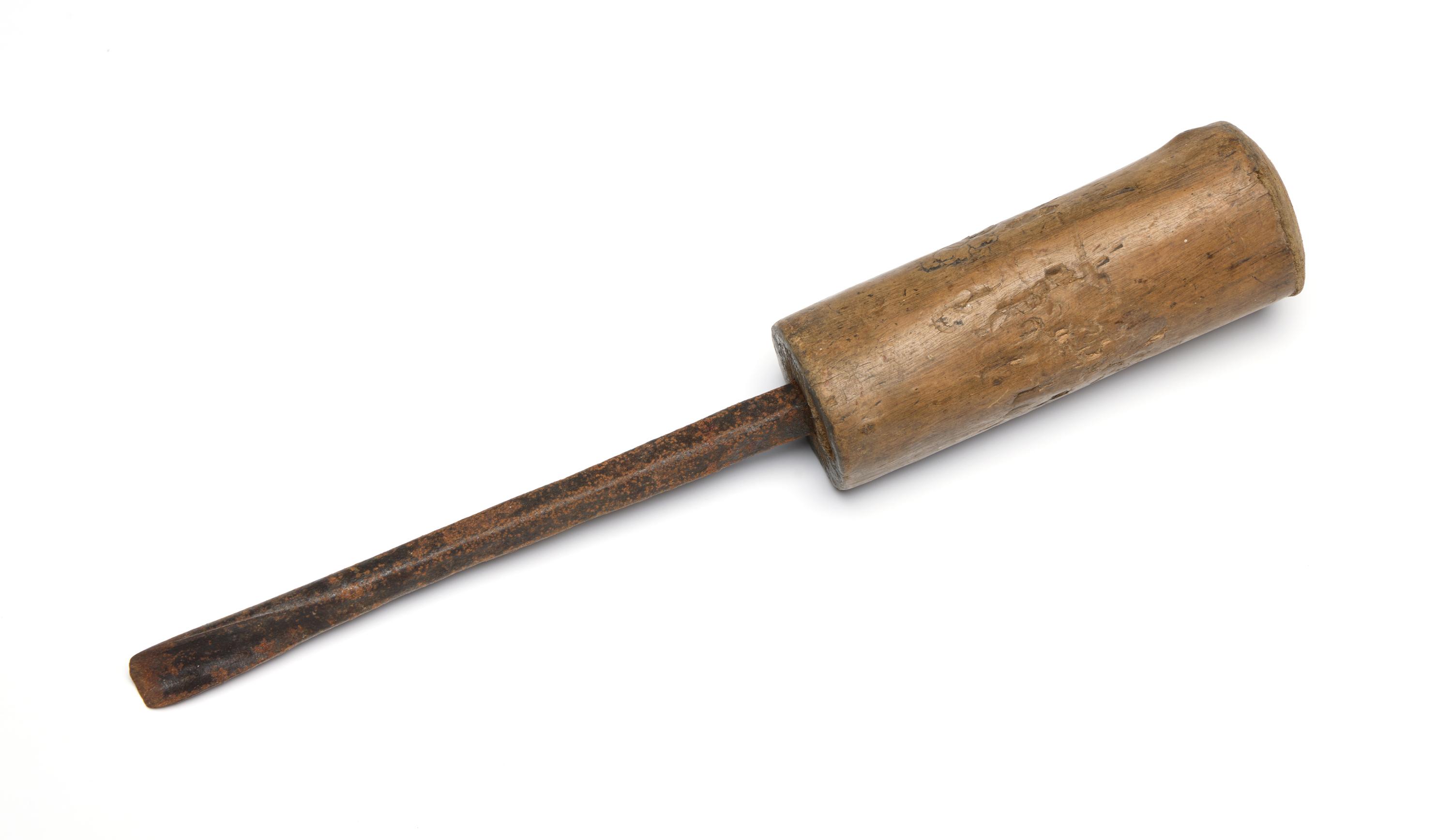
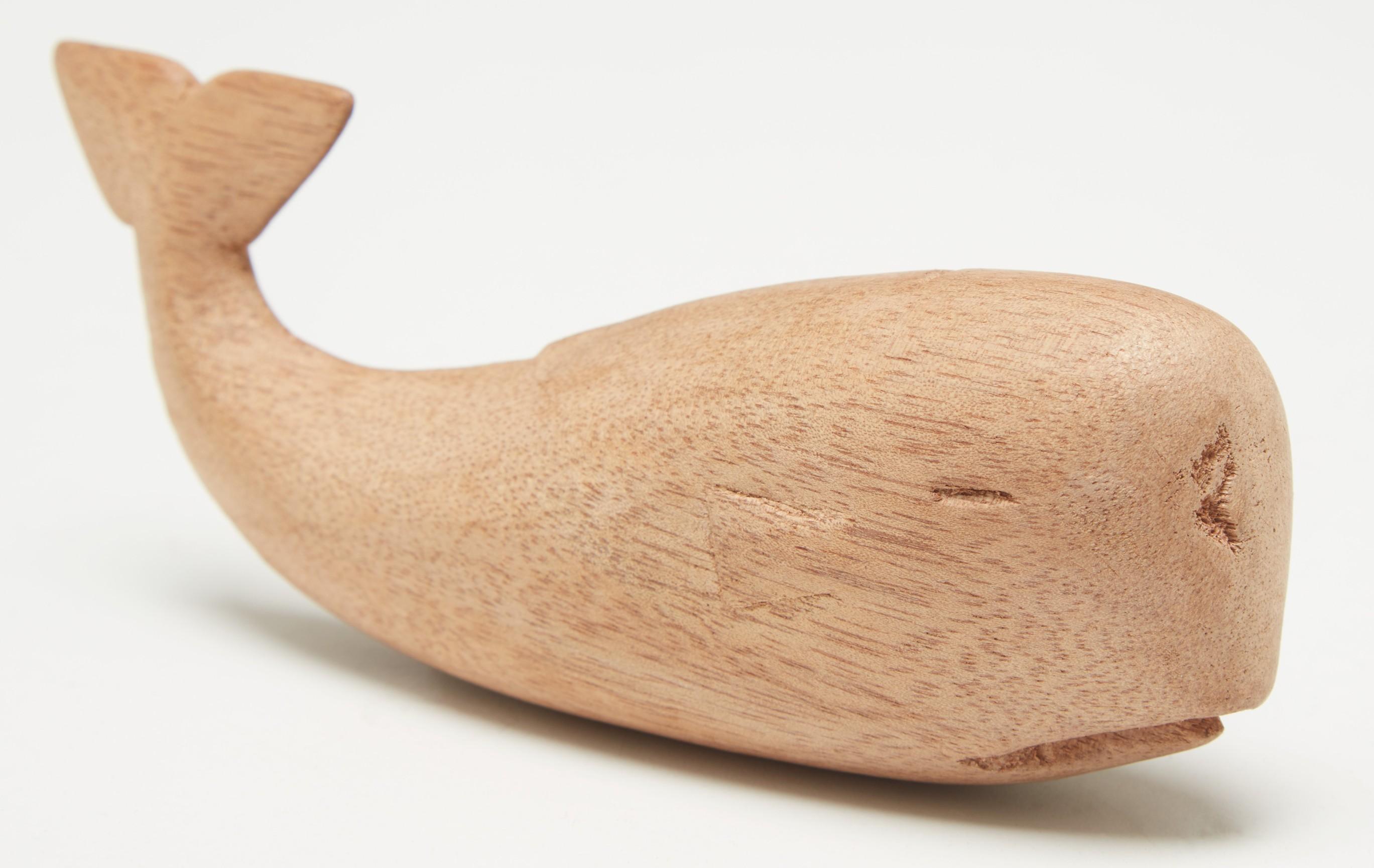
.jpg)
.jpg)
.JPG)